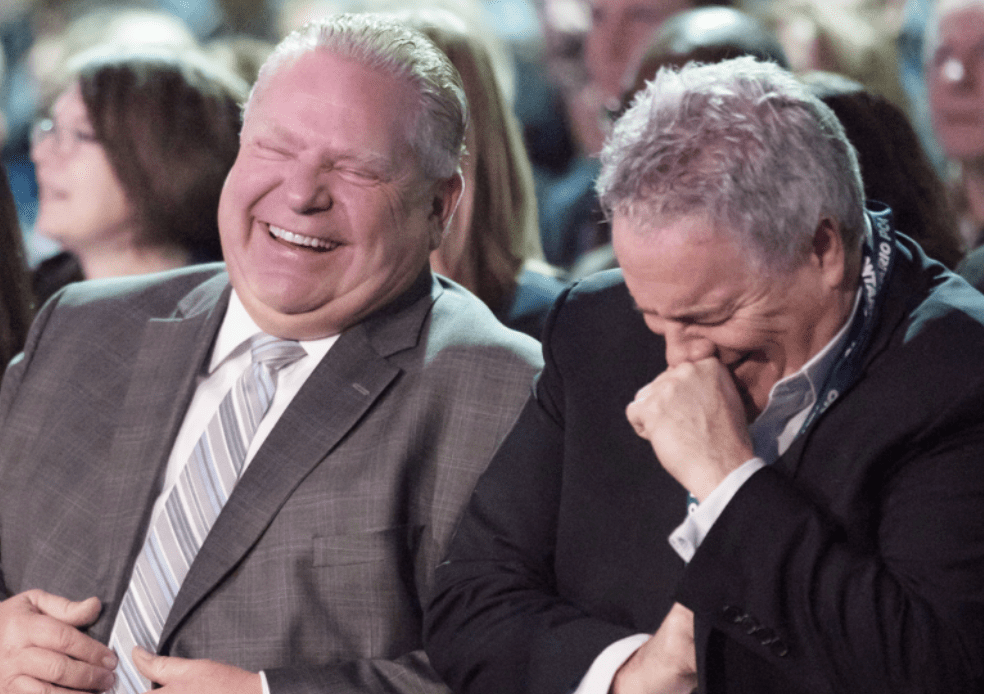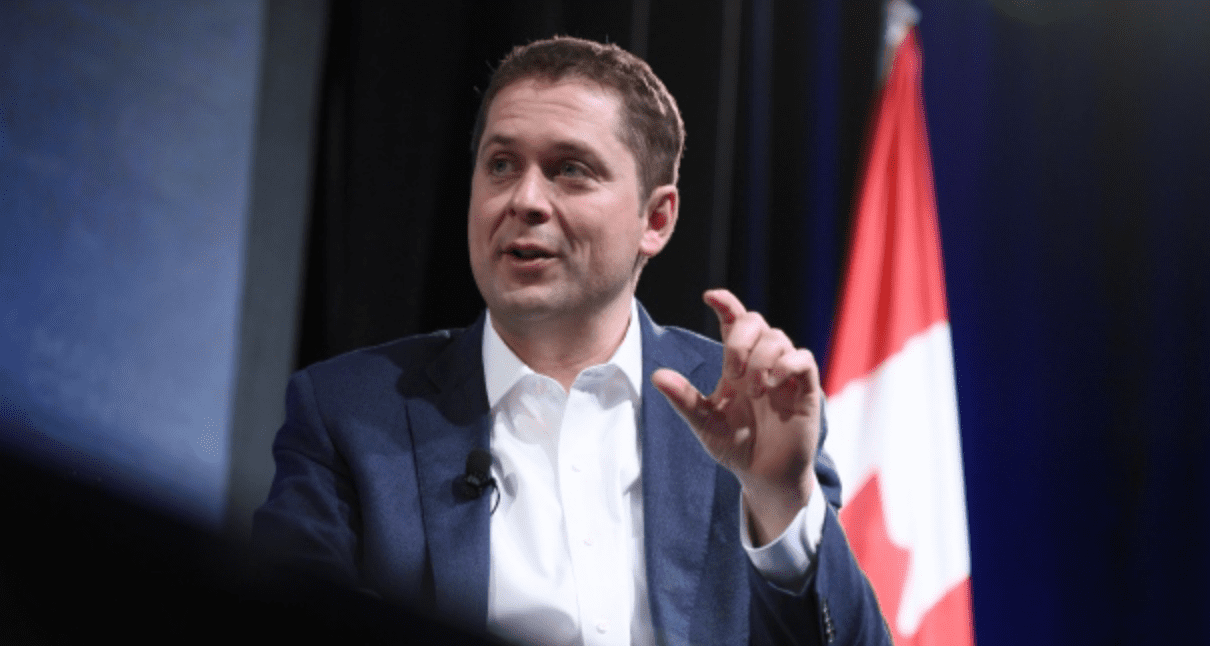I must admit to a bit of disappointment that Dean French, now the former chief of staff to Ontario Premier Doug Ford, "resigned" so soon. I was looking forward to finding out who would be the next scarcely qualified government appointee to have personal ties to him. So much for the neighbour kid who mows his lawn becoming the new managing director of Ontario Parks.
Getting rid of French had to be done, of course. But after you've been diagnosed with cancer, cutting out the big, lumpy malignancy is only the first step toward recovery. Ford and his caucus are thoroughly in denial that killing off all the diseased cells may require a round of chemo.
The most recent and most embarrassing example of their denial comes from Etobicoke Centre MPP Kinga Surma. Writing for the Torstar chain on Monday, Surma described her "disappointment and disbelief" at witnessing her boss get booed at the Toronto Raptors championship victory rally. "I am tired of the unfair negativity that seems to be purposely perpetuated to contaminate the truth and direct the focus away from the positive things our government is doing to clean up the mess the Wynne Liberals made of Ontario's finances," she complained.
She wasn't accusing the media of unfair spin or fake news, as you might expect. She wasn't lambasting the Opposition. She was clapping back at a crowd of somewhere between one million everyday Ontarians. She was directing her anger at The People. And as more seasoned politicians know, if you think you're doing a good job, but the public disagrees, it's your fault.
Just one MPP? Probably one whose staffer had a short-pants looking over their shoulder as they drafted this thing? Not so. Ford himself has expressed disbelief that The People may not be for him that much. To use his own words, it "boggles [his] mind" that the families of children with autism continue to protest his government's bungling of the file. (For those unfamiliar with the bungling, economist Mike Moffatt, himself a parent of two children with autism, is doing yeoman's work keeping stakeholders informed.) Ford signaled no intent to change course, or even try to find out how he should. To him, as always, one improved metric equals sound management.
Despite the loyalty of his caucus, which is enforced to near-Stalinist proportions, Ford has been content to make them the scapegoats. Vic Fedele, shunted from Finance to Economic Development, is among the more high-profile of last week's demotions. Lisa MacLeod is another, now in charge of Tourism, Culture and Sport after becoming the face of the autism omnishambles. The nearly indistinguishable Lisa Thompson is down to Government and Consumer Services after overseeing deep cuts to K-12 education. Their replacements plus the seven new ministers added one year after Ford's promise to keep his cabinet small should have the pattern down: get appointed, become inextricably linked to a terrible idea, get demoted an absurdly short time later. Good luck to them.
When on the defensive, Ford tries to remind us that Kathleen Wynne was premier before him. Ontarians booted her Liberals from government after a decade of corruption and mismanagement, under little illusion that Ford would be a shining beacon of competence, but hopeful that he'd at least be an improvement. Desperate to look like a hard worker, he careens wildly between one good idea and 15 awful ones, building enough of a record of his own to make Wynne feel like a much more distant memory than she is. New governments can typically get away with blaming their predecessors for at least two years. Ford has run out the clock in half the time.
Most voters are not deep thinkers on policy or political philosophy. But even if they don't read all the endnotes in a platform, or even any of the body copy, they like to be confident that some serious thought goes into what their government is doing. Ford has inspired no such confidence. He has made himself a hard worker at the expense of being a smart worker, one who is in tune with how his work affects The People day-to-day. He is either unwilling, unable, or both to reflect on his actions, learn from his mistakes, and admit to his deficiencies. As far as he is concerned, he is doing a fine job, and if the public disagrees, it's their fault.
Photo Credit: National Post
Written by Jess Morgan








